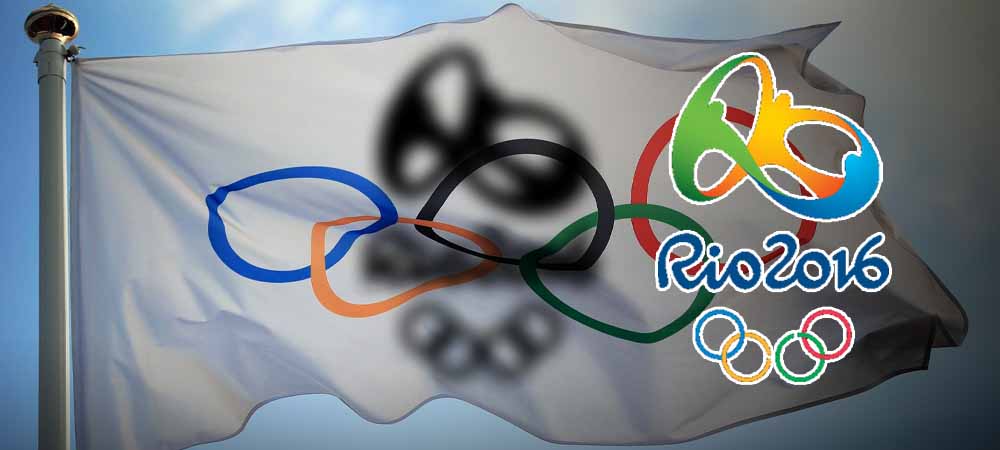- Multiple boxing matches at the 2016 Olympic Games were rigged by AIBA officials.
- At least 11 matches were impacted, and there were both internal and external forms of corruption.
- The evidence in the report is described as “the tip of the iceberg”.
RIO DI JANEIRO - Richard McLaren, an independent investigator, has found evidence that the boxing matches at the 2016 Olympic Games were rigged.
McLaren was appointed by AIBA, the governing body of international boxing, and found that “A system for the manipulation of bouts by officials existed at Rio.”
Those in charge of the Rio Games had assigned “complicit and compliant” officials to “specific bouts to ensure the manipulation of outcomes.”
The corruption was widespread and well thought out. The report claims that AIBA officials began the process during the preliminary qualifications for the Rio Games, improving it as they got closer and closer to the final dates.
The seventh point of the executive summary’s key findings section lays out the basic conclusion - that boxing bouts at the Rio games were manipulated by corrupt judges and referees, acting as part of a conspiracy with AIBA officials.
“Bouts were manipulated for money, perceived benefit of AIBA, or to thank National Federations and their Olympic committees, and, on occasion, hosts of competitions for their financial support and political backing,” the report reads.
“The investigation to date has concluded that such manipulation involved significant six figure sums on occasion. The evidence the MIIT found is thought to be the tip of the iceberg.”
How Many Bouts Were Impacted?
There were accusations of rigging at the time of the 2016 Games, most famously from Irish boxer Michael Conlan, who lost a decision to Vladimir Nikitin of Russia in the semifinals.
The decision loss was not met well by Conlan, who flipped double birds to the judges and went on to accuse both AIBA and Russia of rigging the fight - accusations that are now potentially supported by this report.
Indeed, the report claims that there were up to 11 bouts impacted, but also notes that it is possible that there are far more suspicious bouts due to a short analysis time before the report was released.
Per the report:
“A comprehensive study of the bouts at Rio indicates approximately nine bouts that where suspicious beyond the two raised in the media at the time. It may be necessary to further examine those bouts for which no definitive conclusion can be made at this time. The problem with completing that analysis is due to the delayed receipt of five score bout sheets. Therefore, there may also be other bouts which are suspicious. However, the time for analysis was too short to include in this Report.”
Bribery Solicitation In Addition To Internal Rigging
While most of the rigging described in the report is based on political favor or thanking backers, there also appears to have been some more traditional corruption happening in Rio.
The data details an attempted bribe solicited regarding a match between Otgondalai Dorjnyambuu of Mongolia and Sofiane Oumiha of France.
Before the fight, Rakhymzhan Rysbayev, a high-level referee/judge, approached the Mongolian delegation and informed them that without a bribe, Dorjnyambuu would undoubtedly lose the matchup against Oumiha.
The bribe was ultimately not paid, and the Mongolian fighter lost with “very unusual scoring, especially for such a close bout,” according to the report.
These documents could be a blow to the credibility of boxing, and while it does note that AIBA has improved from what it describes as a “low point” during the 2016 games, these revelations could still be damaging, especially in the form of lower trust in boxing by sportsbooks and the online gambling community.
